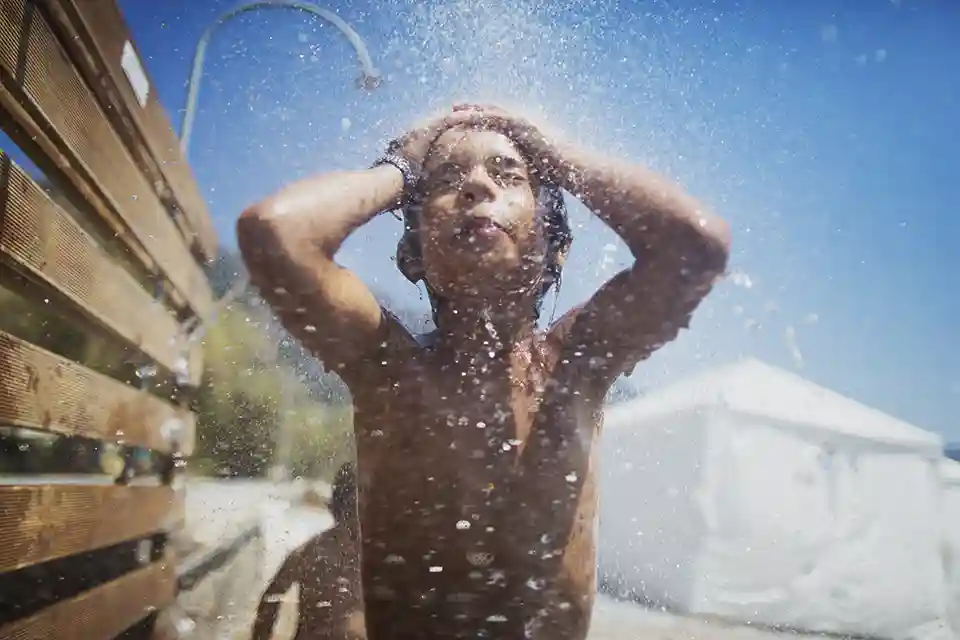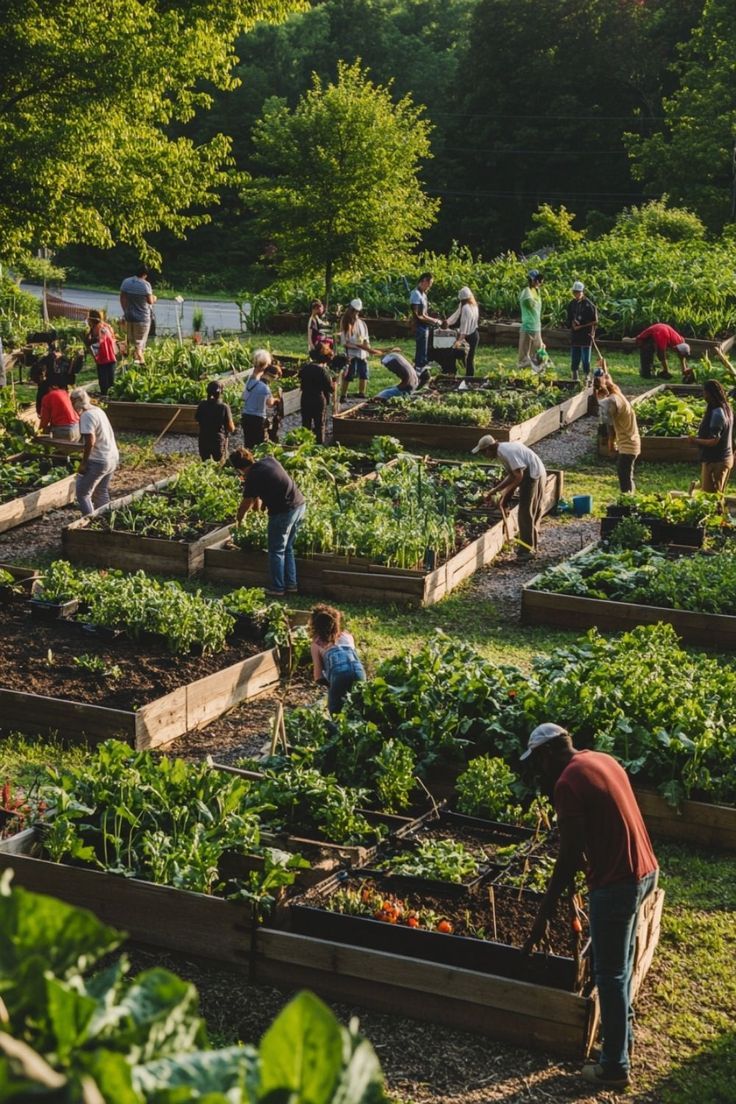Heat waves are situations where the temperature is much higher than normal for a long period. These conditions are quite dangerous to health, especially for babies, children, pregnant women and the elderly. Below we will present some advice from UNICEF regarding the heat wave.
What is a heat wave?
- This happens when the temperature goes well above normal for several days.
- High humidity can make this sensation even more difficult for the body.
What causes a heat wave?
- Heat waves are a natural phenomenon caused by blockages of warm air in the atmosphere.
- Climate change is making these waves more severe and more frequent.
Who is most at risk?
- Babies, children, pregnant women and the elderly are more vulnerable to excessive heat.
- Children can suffer more from dehydration and risk their health.
What should you do in a heat wave?
Be prepared: Prepare for the hot climate by carrying an emergency kit with important cooling and rehydration needs.
Keep the house cool: Use fans and close the curtains during the day to maintain coolness in the house.
Stay out of the heat: Try to avoid activities during the hottest hours of the day and stay in the shade when you're outside.
Stay cool and hydrated: Drink water often and wear light clothing to reduce body temperature.
Advice for babies, children and pregnant women
- Check children frequently for signs of dehydration and heat stroke.
- Make sure children are dressed lightly and are well hydrated.
- Pregnant women should consult a doctor to minimize the risk of excessive heat.
Signs and symptoms of heat-related illnesses
- Severe symptoms include skin rash, excessive thirst, and dizziness.
- These require immediate medical attention and intensive care.
How to treat heatstroke and heat-related illnesses
- Place the person in a cool, ventilated area and apply wet towels to reduce body temperature.
- Rehydrate with water or drink ORS as needed and consult a physician if symptoms persist.
These tips will help keep you and your family safe during the hot and humid spells.






